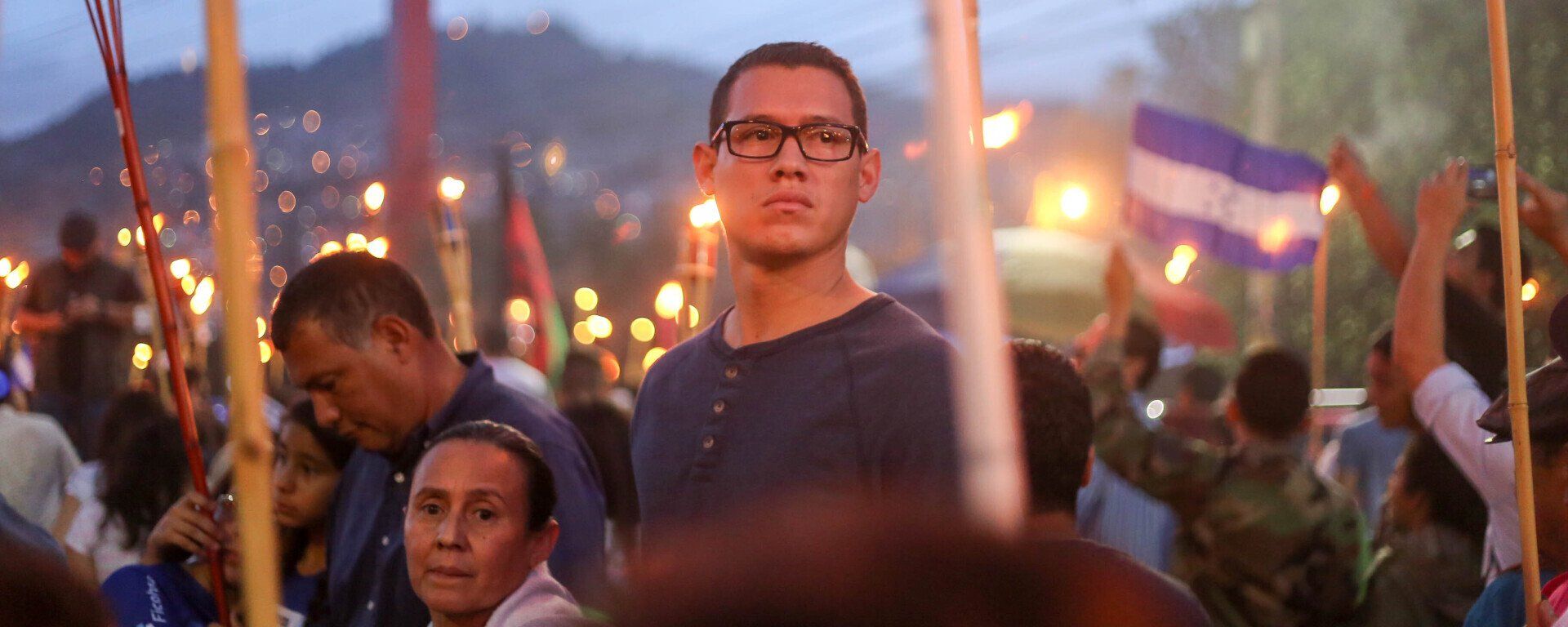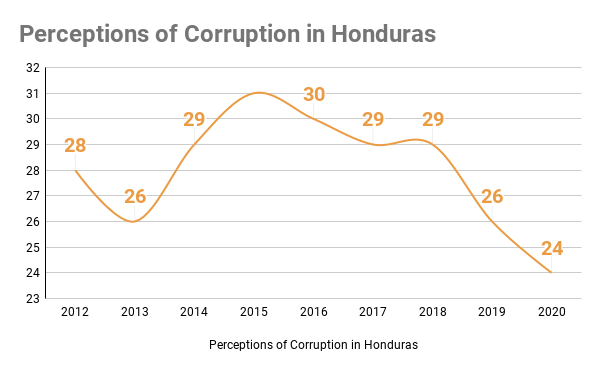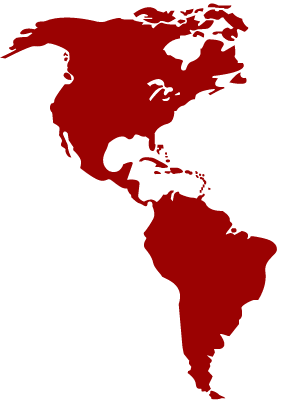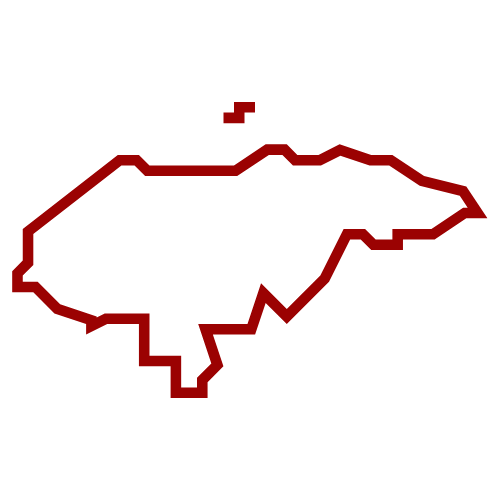What Is Corruption?
According to Transparency International, corruption is the intentional misuse of public resources for personal gain: “It hurts everyone whose life, livelihood, or happiness depends on the integrity of people in a position of authority.” When coupled with weak government systems and elites looking to take advantage of their power, corruption prevents the average citizen from accessing quality public goods and services like education, health care, or protection by the police.
Honduras has some of the highest rates of corruption in the world, but our work at ASJ has shown that building transparency and integrity are possible. We work to call out cases of corruption and strengthen government systems so that Honduran systems serve its people.
Data from Transparency International’s 2020 Corruption Perceptions Index
How Does Honduras Rank in Corruption?
Corruption is difficult to measure, because by its nature so much of it is hidden. Instead, Transparency International, the world’s largest anti-corruption organization, measures residents’ perception of the corruption in their countries, using surveys to build a picture of people affected by bribes, extortion, and other unjust abuse of public power and resources.
Points: 24
On a scale of 0 to 100 (with 0 being highly corrupt and 100 being highly transparent) Honduras received 24 points – its lowest score since 2012.
Ranking: 157
Out of 180 countries surveyed, Honduras ranked 146th in its levels of corruption – a decline from its position of 132nd in 2018.
Honduras received the second lowest score among Central American countries and the fourth lowest score in all of the Americas.
Data from Transparency International’s 2020 Corruption Perceptions Index
What Is the Effect of Corruption in Honduras?
Corruption is rampant among public officials and public institutions in Honduras, and it has a real cost to society. One study found that corruption cost Honduras over $2 billion in 2018, which is 12.5% of its GDP.
How does corruption affect the average Honduran? Because the majority of Hondurans rely on public services like education, health, and security, corruption prevents them from accessing the services they need to live a full and dignified life. Even though corruption happens at the hands of the wealthy and powerful, it ends up primarily hurting poor Hondurans.
When politicians and public officials use their power to steal money from the state, offer political favors in hiring, or live above the law, it affects those who rely on public services like public schools or public hospitals. It means that teachers aren’t held accountable to show up to the classroom and children miss out on the opportunity for a quality education. It means that public hospitals have no medications to treat sick patients. And it means that police choose to protect the interest of criminals rather than the public. The government’s failure to provide basic services ends up deepening social problems and poverty.
The status of corruption in Honduras can leave many citizens feeling hopeless – a 2019 survey revealed that 54% of Hondurans believe that corruption has increased in the past year. However, the same survey showed that 78% of Hondurans believe that ordinary people can be part of making a difference in the fight against corruption.
What Is Being Done About Corruption in Honduras?
Corruption is one of the biggest issues facing Honduras, but it isn’t a hopeless issue. Participation from civil society and international cooperation has helped to hold the Honduran government accountable, and achieve trials and convictions in several important corruption cases.
More and more reports of corruption are coming to light and being brought to trial: a former president’s wife was convicted for misusing public funds, the current president’s brother is awaiting sentencing for drug trafficking, and dozens of politicians have been implicated in other corruption cases by the MACCIH (the former international anti-corruption investigate body whose mandate ended in January 2020).
There is still much work to be done in Honduras – we need to not only make sure cases of corruption come to light but that people are held accountable for their crimes. A 2016 study showed that in the previous eight years, only one corruption case guilty sentence had resulted in jail time. Continued efforts by civil society, international groups, and the Honduran government will help ensure that we end corruption in Honduras.
ASJ-Honduras acts as Transparency International’s national chapter in Honduras, and we carry out many anti-corruption and transparency initiatives. Watch the video above to see how our work helped root out corruption in the Property Institute and guarantee land rights to vulnerable Hondruans.
Learn more about our work in transparency.
Updated February 2020












